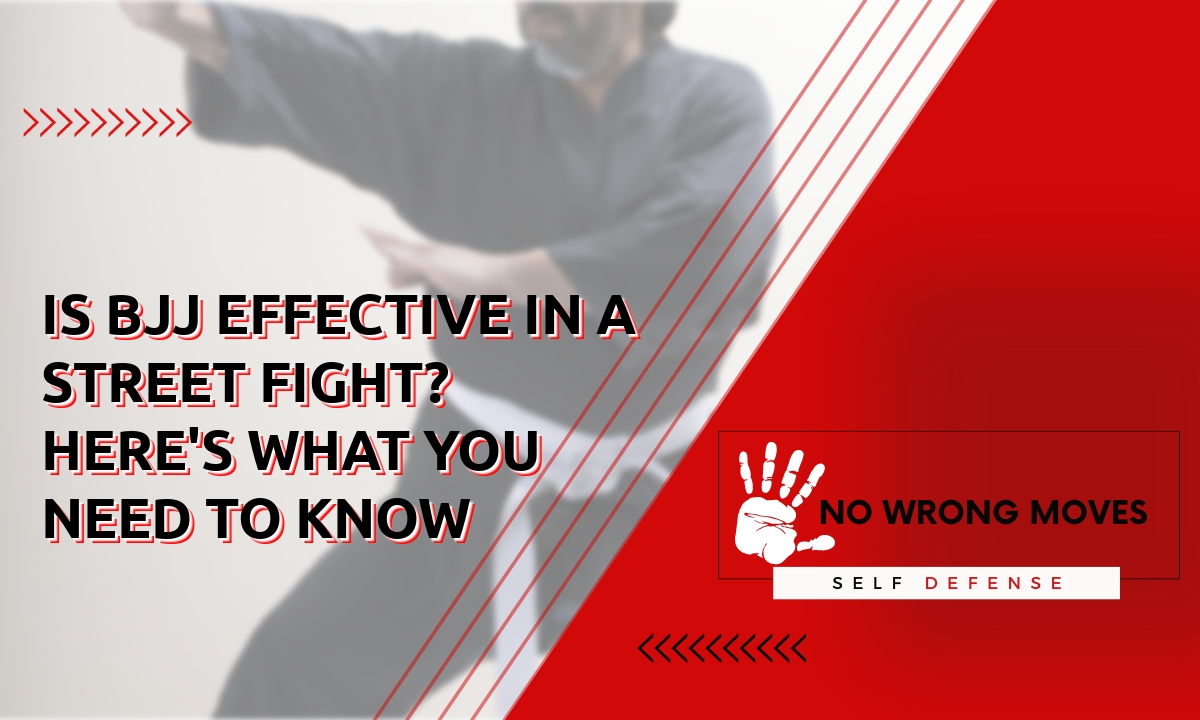
BJJ is all the craze when it comes to self-defense. It has an extremely loyal community who can all attest to how great it is for anyone who's eager to learn how to defend themselves.
But just how great is it actually, and do these testimonies hold any truth to them? We'll look into that here today.
BJJ as an Effective Self-Defense System
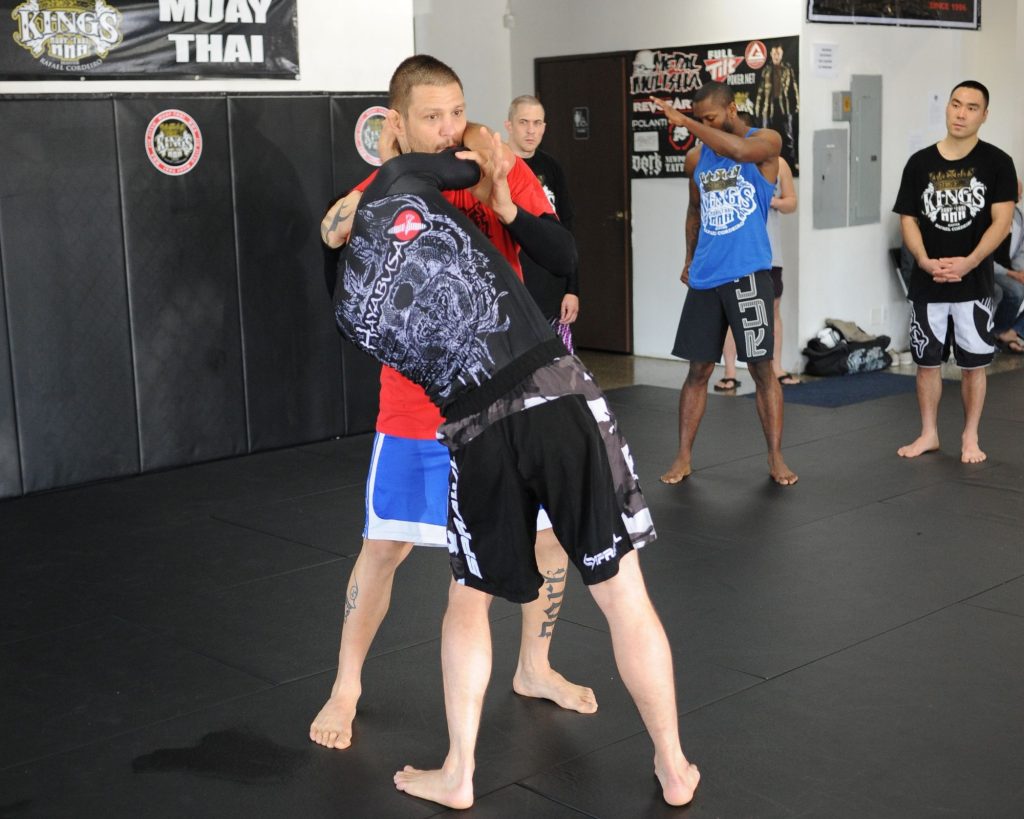
BJJ is at its best once you've reached a dominant position, which is usually on the ground. That... sounds counterproductive, I know, but hear me out!
By using specific techniques meant to immobilize your opponent, such as by controlling their arms, keeping them on the ground, and punishing them with pins or holds, you'll be able to maintain control until a situation is peacefully resolved.
If you've ever been told over and over by instructors, practitioners, or even just enthusiasts that BJJ is great for self-defense, then it would be wise to listen.
Overall, if you're looking for a way to protect yourself, then Brazilian jiu-jitsu is among the best options out there. The ability to defend yourself from a losing position against a more powerful opponent just cannot be understated.
Why is BJJ so Great for Self-Defense?
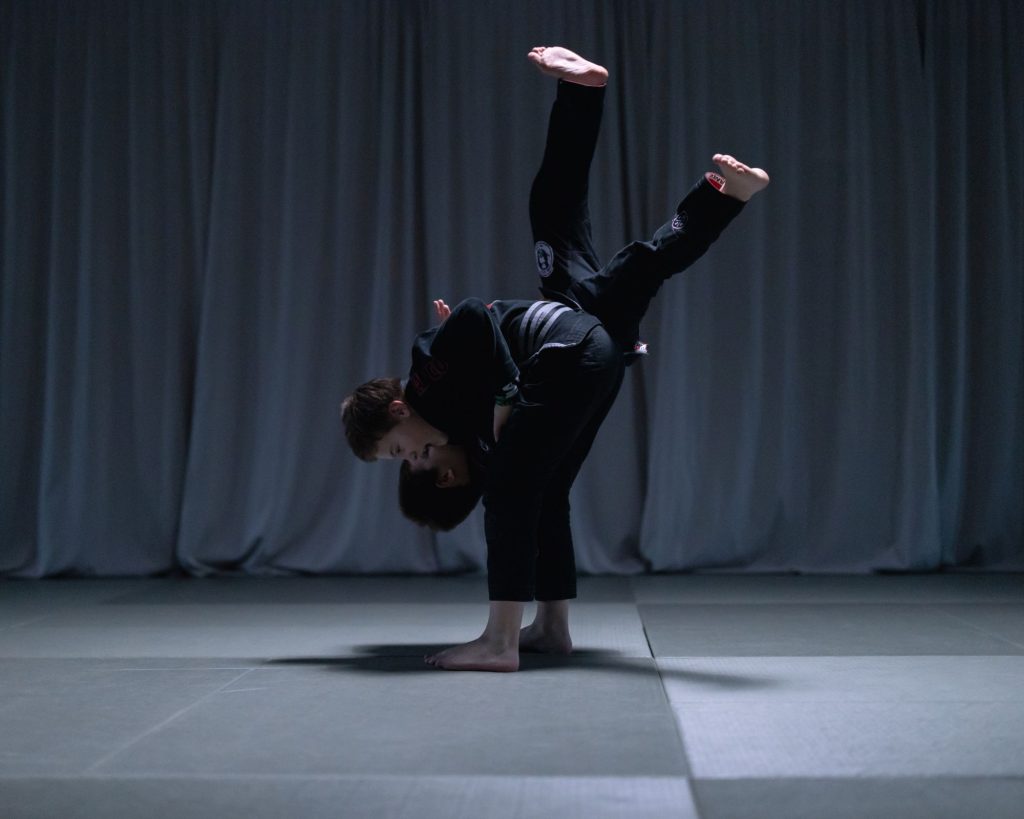
BJJ relies on using the full weight of your body to immobilize an opponent, putting a tremendous amount of pressure on one area to win a bout.
This can be seen in techniques such as the armlock, where a jujitsuka exerts full force into just one specific body part, the arm, to prevent an enemy from moving and negate their overall strength.
This kind of immobilization-based fighting has proven itself useful time and time again in street fights all across the world. It's even great just for destabilizing a difficult situation, because many of its moves can be done with overall minimal risk of permanent damage--for either party!
And that's where its greatest strength lies: using a variety of submission holds, ground work principles, and subtle yet efficient defensive maneuvers, BJJ practitioners can quickly gain an advantage over larger adversaries without resorting to serious physical harm.
What You Need To Know About Street Fights

There is one big thing you need to keep in mind though: street fights are nothing like sparring sessions.
Jujitsukas spend most of their time on the ground which, to be fair, also happens in a street fight... if you're losing. In general though, you can expect your opponent to attack in a way that you're just not used to in sparring.
They might try to grapple you, definitely. But they'll also punch you, and kick you, and headbutt you, and use all manner of dirty tricks to win the day. And because these kinds of things are illegal in Brazilian jiu-jitsu, you won't be able to counter with your own.
You likely won't even be able to defend against them well, or at least not as well as if you were studying a different martial art. BJJ will teach you a ton about locks and holds, but when it comes to actually striking people? Not so much.
So while BJJ is fully capable of teaching you how to defend yourself, it can't account for all situations. It's great for when someone suddenly tries to provoke you or to neutralize an unstable person, but there are caveats to what it can do in a real life street fight.
Where Does BJJ Fall Short?
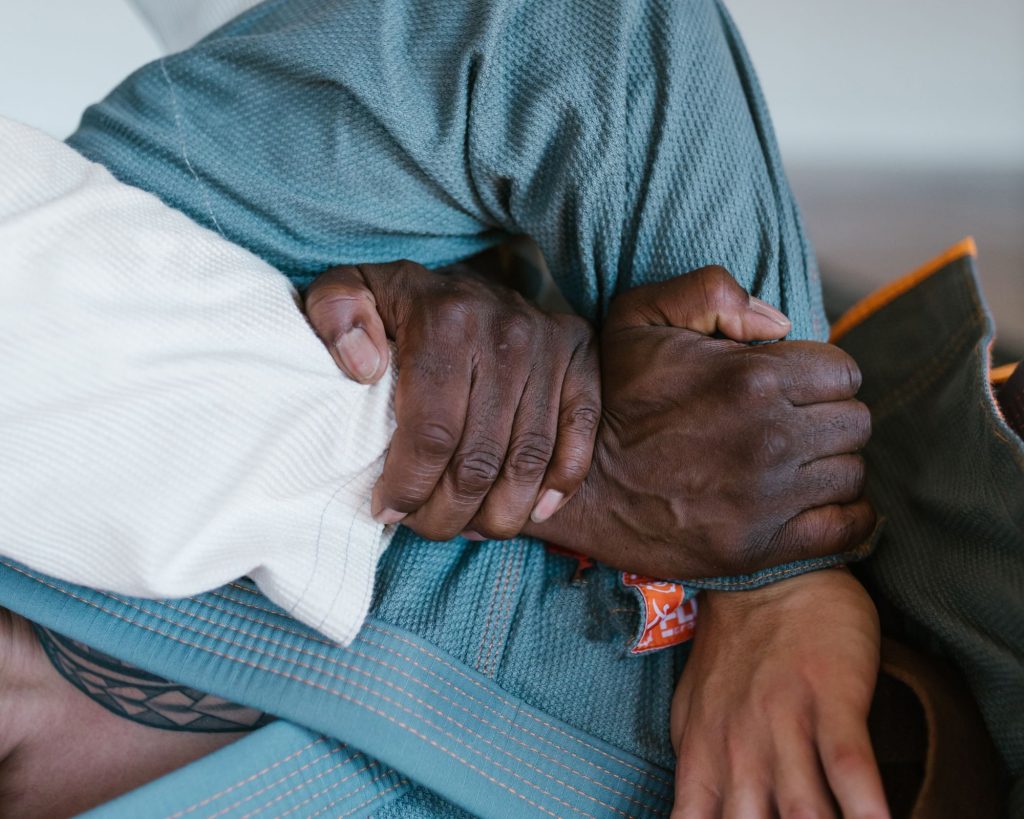
Not only will your opponent use attacks and tricks that you're not used to, but there are tons of other considerations in street fights that you'll need to keep in mind.
For example, opponents who are armed will be a huge problem. Trying to win against anyone with a gun, or even just a knife, by grappling them onto the ground just isn't going to work.
Multiple assailants will also be a huge issue. Because BJJ relies on using the full weight of your body on specific body parts, you'll be left defenseless against anyone who intervenes in your fight.
Even the rear naked choke, among the most brutally effective moves in BJJ that can incapacitate an opponent in mere seconds, can be rendered worthless if you're suddenly attacked from behind.
Even the terrain will need to be considered. BJJ is practiced on soft tatami mats designed to reduce injury in ground combat, but real life situations won't be so forgiving. Fighting someone on concrete, or uneven ground, or even a crowded environment could spell disaster for any jujitsuka.
The Wrap-Up
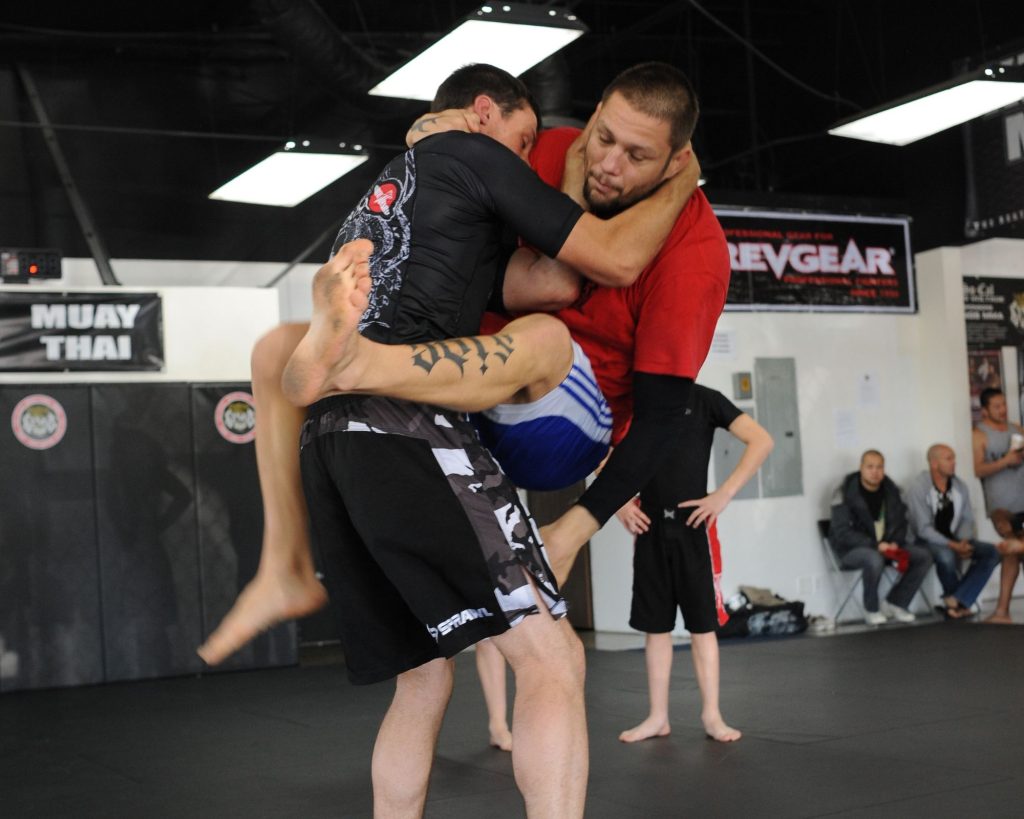
If you're looking into self-defense, then BJJ is an absolute force to be reckoned with. It's an overall excellent self-defense discipline for anyone looking to protect themselves from assailants.
But always remember that it can't account for every situation. It isn't perfect by any means. If you have the option to look into other martial arts, then you should definitely do that--not to replace BJJ, but to address its pitfalls, add on to your skillset, and do better in places where it falls short.
Curious to look into other martial arts? Remember, BJJ is just one option among many! You should do what you can to find one that works best for you. If you want one that's just as good for self-defense, then look into taekwondo or muay Thai here!
[author-box-jpx-fitness]
